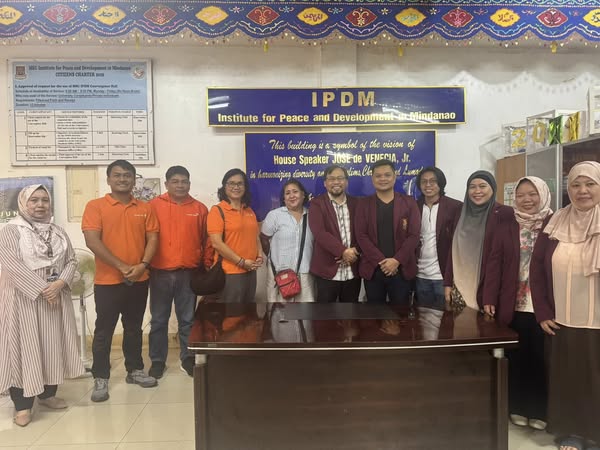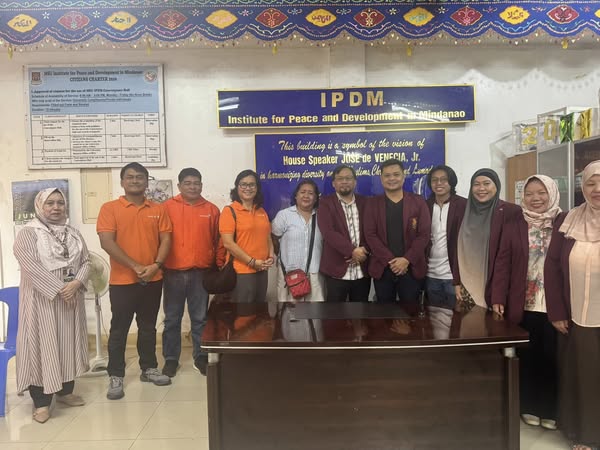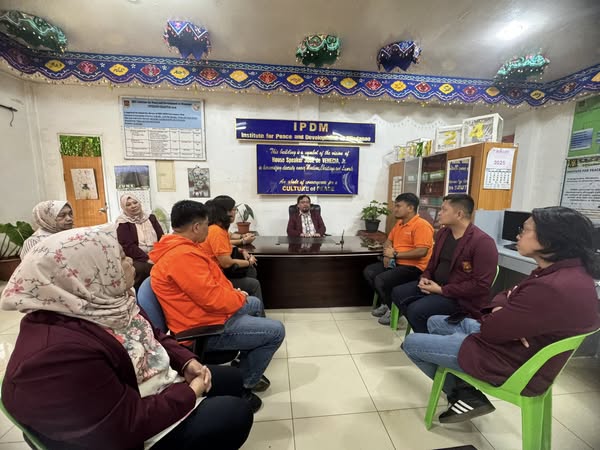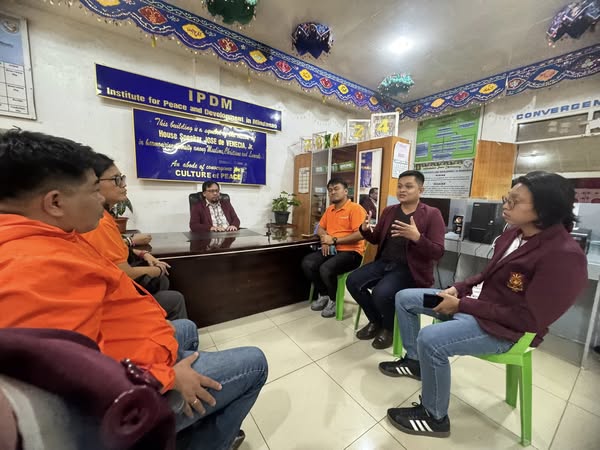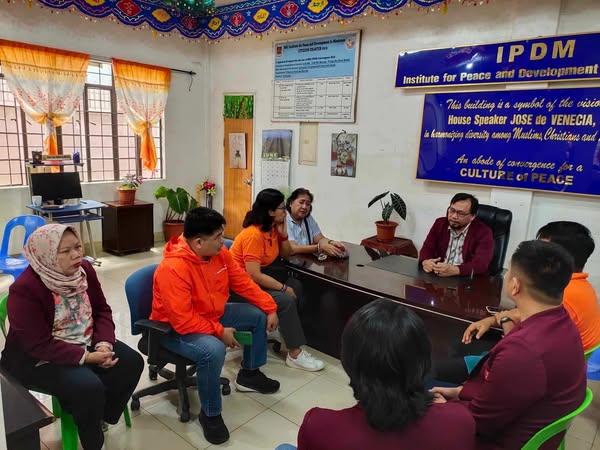Aliah P. Cali-Pascan, JD., DPA
MARAWI CITY, Lanao del Sur – The Institute for Peace and Development in Mindanao (IPDM) at Mindanao State University (MSU) Marawi and international humanitarian organization World Vision are poised to solidify their robust partnership with the signing of a Memorandum of Agreement (MOA) in July. This formalization marks a significant step in their collaborative efforts towards fostering lasting peace and development in Mindanao, building on activities that commenced as early as August 2024.
A crucial meeting held on Thursday, June 20, 2025, brought together key representatives from both organizations to iron out the details of the deliverables outlined in the forthcoming agreement. Leading the delegation for IPDM was Executive Director Acram Latiph, a renowned expert in peace and conflict studies and socio-economic development in the Bangsamoro region. World Vision was represented by Elizabeth Beth Maddin, their Financial Chief, and Oliver Opud, a seasoned Peacebuilding Expert, among others.
The MOA aims to bring greater precision and structure to the ongoing collaboration, ensuring that future activities are well-defined and that mutual support between IPDM and World Vision is effectively realized. This formalization is a testament to the success of their initial, informal partnership, which has already seen various peacebuilding initiatives take root in the region.
A key outcome of this reinforced alliance is IPDM’s official membership in the peace forum, a vital platform that determines and prioritizes activities to be implemented annually. This integration will allow IPDM to directly contribute its academic and on-the-ground expertise to strategic peacebuilding discussions and program planning.
World Vision has openly acknowledged IPDM’s significant technical assistance capabilities, recognizing the Institute’s capacity to contribute meaningfully to their shared objectives. Both organizations anticipate that this will be a long-term partnership, fostering sustainable support and collaborative action for the benefit of communities in Mindanao. The signing of the MOA in July is eagerly awaited as a symbolic and practical step towards a more peaceful and developed future for the region.
